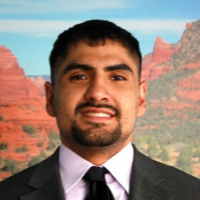Rincon Juvenile Law Lawyer, New Mexico
Not enough matches for Rincon Juvenile Law lawyer.
Below are all Rincon lawyers.
Sarah Van Cott
✓ VERIFIEDDivorce & Family Law, Civil Rights, Family Law, Estate Planning, Personal Injury
Sarah Van Cott began practicing law in Alamogordo, NM, at a small civil practice where she managed cases including wills and trusts, personal injury, ... (more)
Ramon Hernandez
✓ VERIFIEDGeneral Practice
Attorney Hernandez is a practicing lawyer in the state of New Mexico.
Samantha Madrid
✓ VERIFIEDAccident & Injury, Divorce & Family Law, Criminal
Samantha Madrid is a practicing lawyer in the state of New Mexico.
Jaime F. Rubin
✓ VERIFIEDAccident & Injury, Social Security, Workers' Compensation, Real Estate, Wills & Probate
Jaime Rubin is a practicing lawyer in the state of New Mexico.
Joleen K. Youngers
Mass Torts, Products Liability, Professional Malpractice, Car Accident
Status: In Good Standing
FREE CONSULTATION
CONTACT




